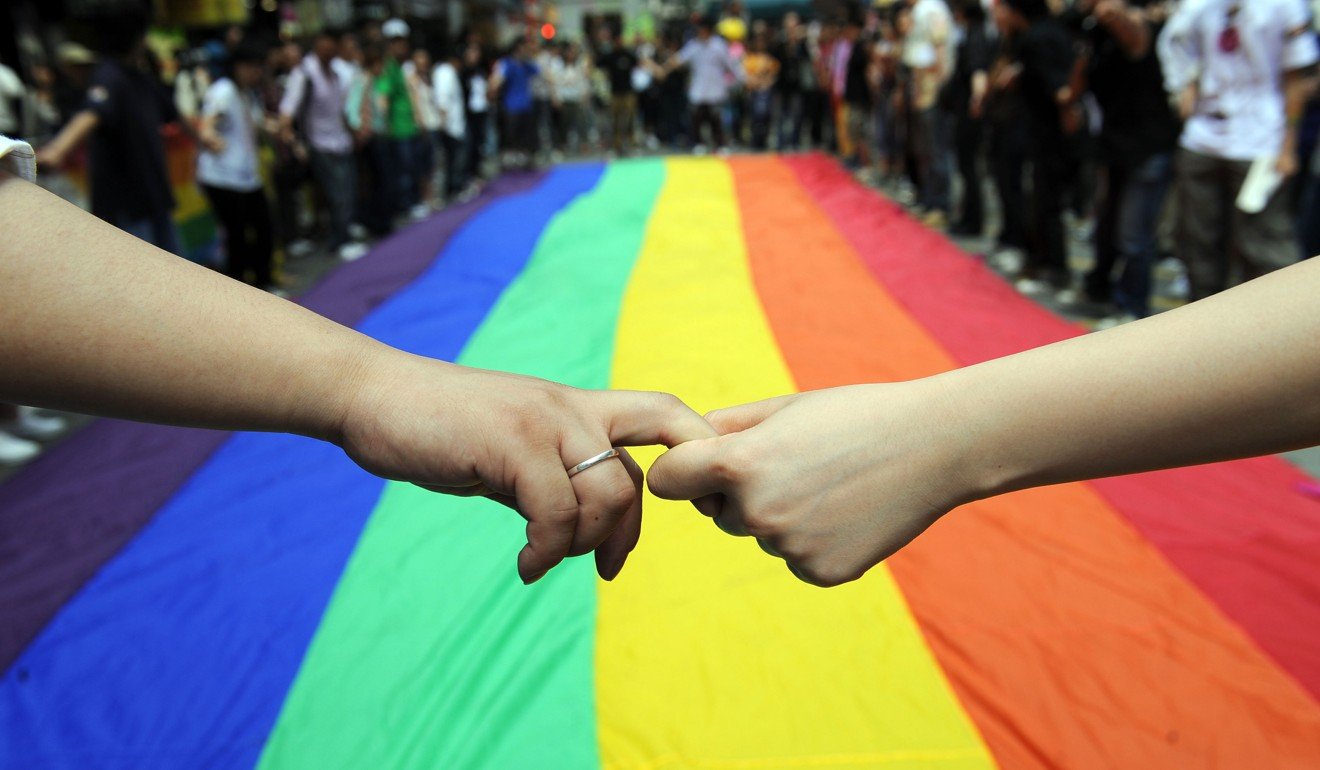
The gay Hong Kong Chinese men afraid to come out to their families, and why parents need educating to accept them
- Hong Kong Chinese respondents to a survey say fear of rejection is the main reason they conceal their gay identities from their families
- The unwillingness of gay men in Hong Kong to practise safe sex or disclose they ahve HIV are big factors in the rapid growth in HIV infection rates in the city
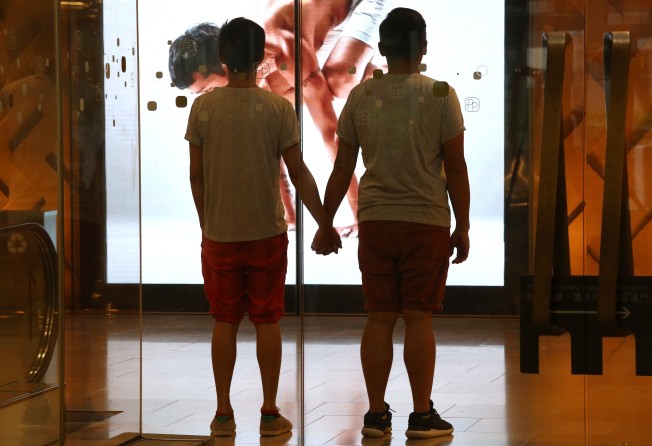
It’s a disturbing set of statistics. HIV diagnosis rates in Hong Kong have climbed over the past decade, unlike in other places in the world where there has been a consistent fall in the numbers of new HIV cases.
Between 2010 and 2016, the annual number of new HIV diagnoses in Hong Kong increased by nearly 80 per cent, to a total of 692 new cases in 2016. By contrast, between 2010 and 2017, the annual rate of new HIV diagnoses declined by 14 per cent in Asia and the Pacific as a whole.
Meanwhile, Hong Kong’s annual government expenditure on HIV prevention policies has soared in an attempt to address this entrenched health scourge. By 2020, prevention costs are projected to reach HK$400 million.
Statistics show a solid majority of HIV diagnoses in Hong Kong have been in the group of men who have sex with men (MSM). Dr Tim Brown, HIV epidemiologist from the East West Centre in Hawaii, once characterised HIV in Hong Kong as an epidemic within that group.

The chief executive of Aids Concern Hong Kong, Andrew Chidgey, has argued that a major cause of the rapid growth in HIV infection rates in Hong Kong is the pervasive cultural taboo against homosexuality among Hong Kong Chinese families, leading to men’s unwillingness to disclose either a gay or HIV-positive identity.
Those who fail to declare their gay identity, MSM experiences or HIV carrier status often have difficulty accessing medical and social support. It has been estimated there were over 96,000 men who had sex with men in Hong Kong in 2009, and the number is likely to have increased in the years since then.
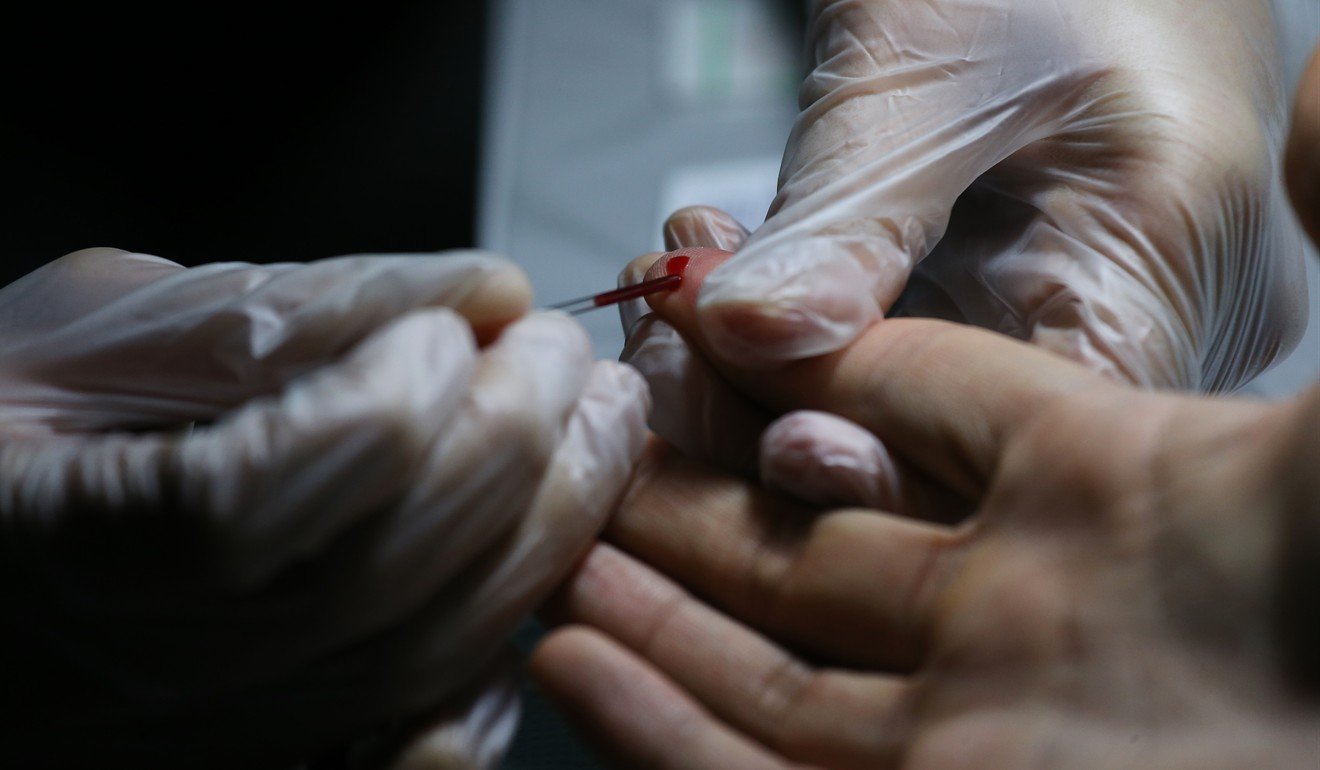
With sponsorship from both the University of Warwick in the UK and the University of California, Berkeley, I recently conducted a survey to understand the obstacles faced by the MSM community in Hong Kong when they decide to disclose their sexuality to their families.
I ran the anonymous, online survey for 10 months from June 2018 to March 2019. People of all backgrounds, regardless of nationality, gender, sexual orientation and HIV-status, were welcome to participate. The questionnaire was posted on various local LGBT Facebook groups, including shOwT in HK, Hong Kong speak OUT and HK InterBank.
A total of 164 male respondents took part in the survey; 102 were Hong Kong Chinese, 56 were Hong Kong expatriates and the remainder were from the Chinese diaspora. The vast majority – 144 of 164 respondents (or 87.8 per cent of all male respondents) – identified as gay, while 12 (7.3 per cent of all male respondents) described themselves as bisexual.
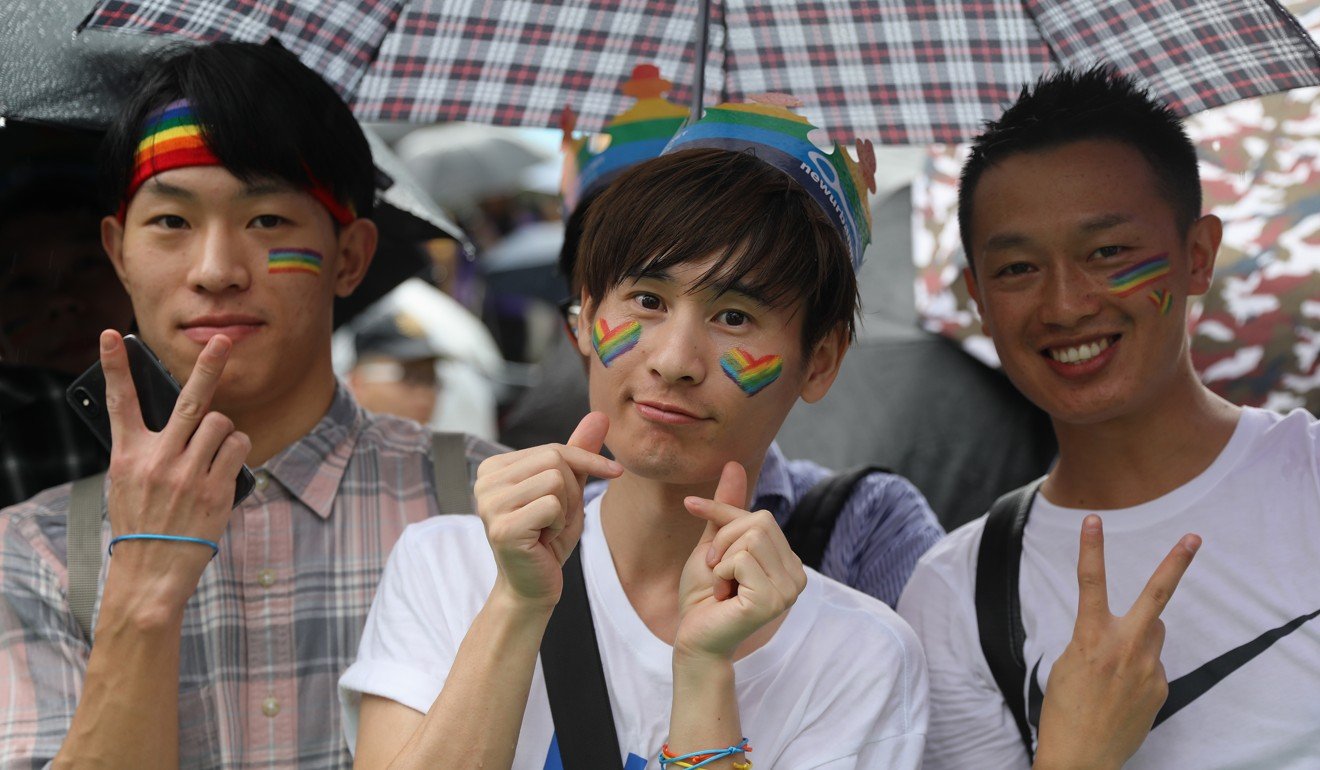
Nearly all the gay Hong Kong Chinese respondents (88.2 per cent or 90 in total) and nearly all the gay Hong Kong expatriate respondents (92.9 per cent or 52 in total) said they had a sexual encounter with another man.
About half of the Hong Kong Chinese men (46.7 per cent, or 42) had disclosed their gay identity to just some family members, whereas a greater proportion of Hong Kong expatriates (61.5 per cent, 32 in total) declared their gay identity to all family members.
Over half (53.3 per cent) of Hong Kong Chinese men said their fear of rejection was the primary reason they concealed their gay identities from their families. They felt their family members were too old to accept their homosexuality. Some also believed their family members had already encountered financial and career challenges, so they should not have to face additional “problems” relating to their children’s sexuality.
Only about a tenth of Hong Kong Chinese respondents (11.1 per cent) declared themselves proud of their decision to declare their sexuality, compared with nearly twice the number of Hong Kong expatriate respondents (19.2 per cent).
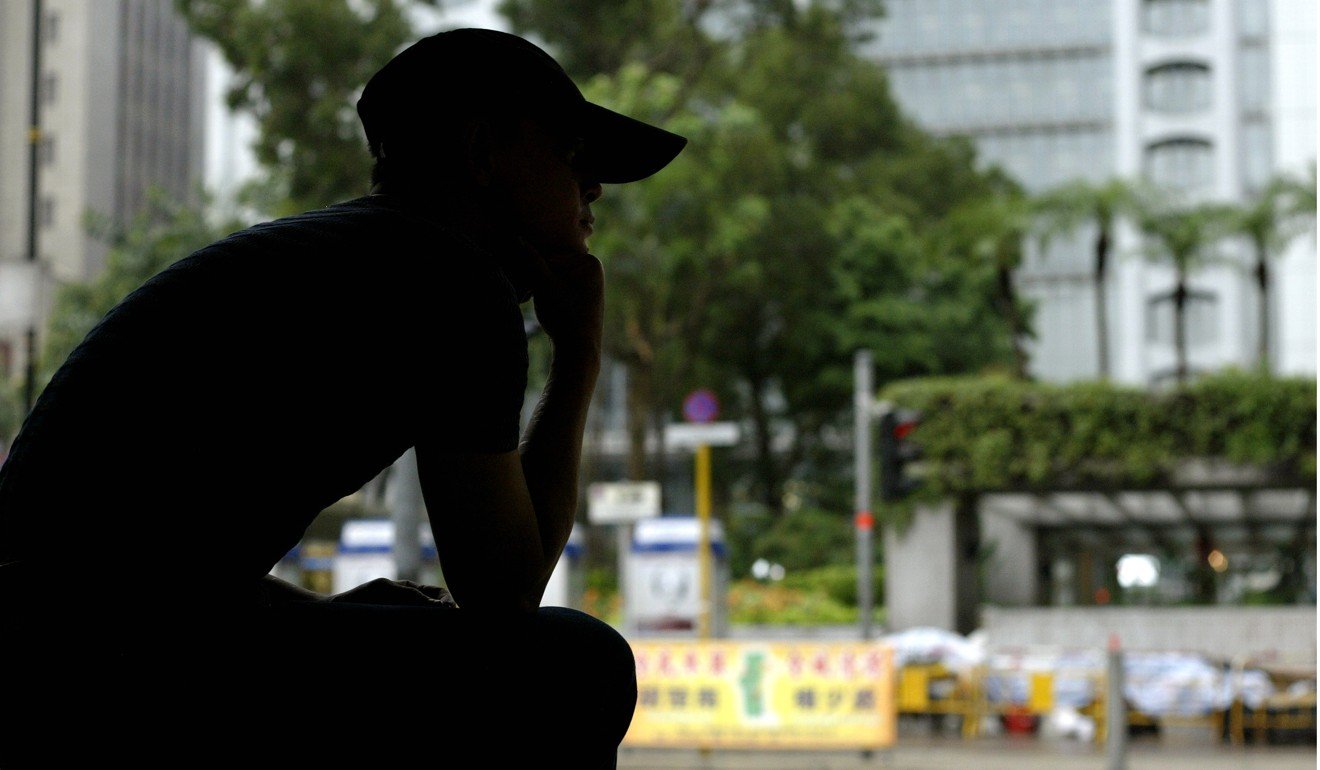
Only 4.4 per cent of Hong Kong citizens of Chinese descent said they enjoyed family support after disclosing their gay identity, compared with four times that many Hong Kong expatriate respondents (19.2 per cent).
Only about a third, or 28.9 per cent of Hong Kong Chinese respondents said they always used condoms, compared with more than half, or 56.3 per cent, of Hong Kong expatriate respondents, who said they always used condoms during intercourse.
Even more concerning, nearly one in five Hong Kong Chinese respondents said they rarely or never used condoms while having intercourse, compared with only 6.3 per cent of their Hong Kong expatriate counterparts.
Equally problematic, only just over a third, or 36.8 per cent, of respondents from the Hong Kong Chinese community regularly sought HIV testing. Expatriates were far more diligent about having regular HIV tests. More than two-thirds, or 68.8 per cent, of Hong Kong expatriate respondents said they regularly sought HIV testing.
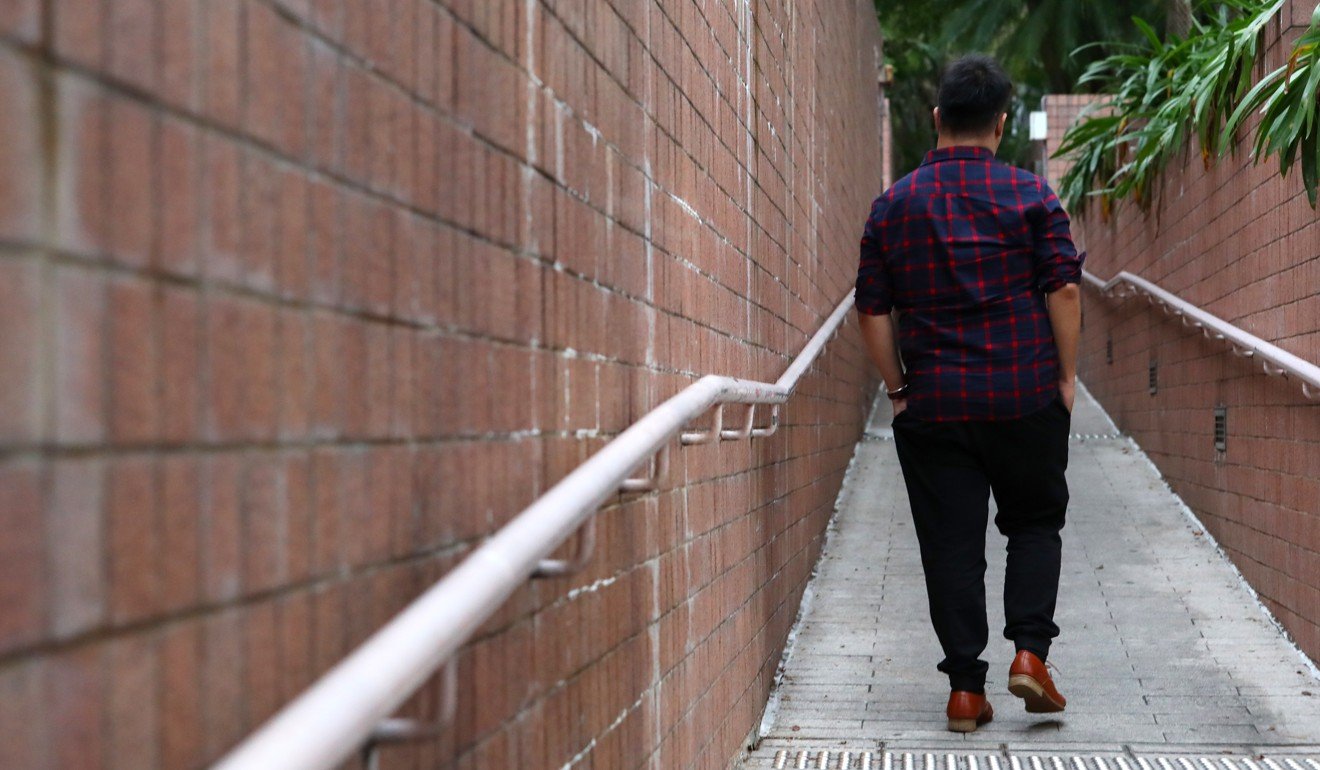
Both Hong Kong expatriate and Hong Kong Chinese survey respondents believed a lack of acceptance was an important factor in their decision to refrain from declaring their sexuality to their families. Survey results found that those who chose to declare their sexual identity were selective about it, saying they chose to discuss it with siblings, rather than parents or grandparents or other members of their extended families.
Hong Kong is heavily influenced by Confucianism, and Confucian values do not necessarily run counter to gay rights; but they include the importance of fulfilling family obligations, perhaps most importantly marrying to produce an heir to continue the ancestral bloodline.
The emphasis on heterosexual family responsibility within Confucianism could explain why Hong Kong Chinese were particularly worried about familial rejection when considering whether to disclose their gay identities to their families.
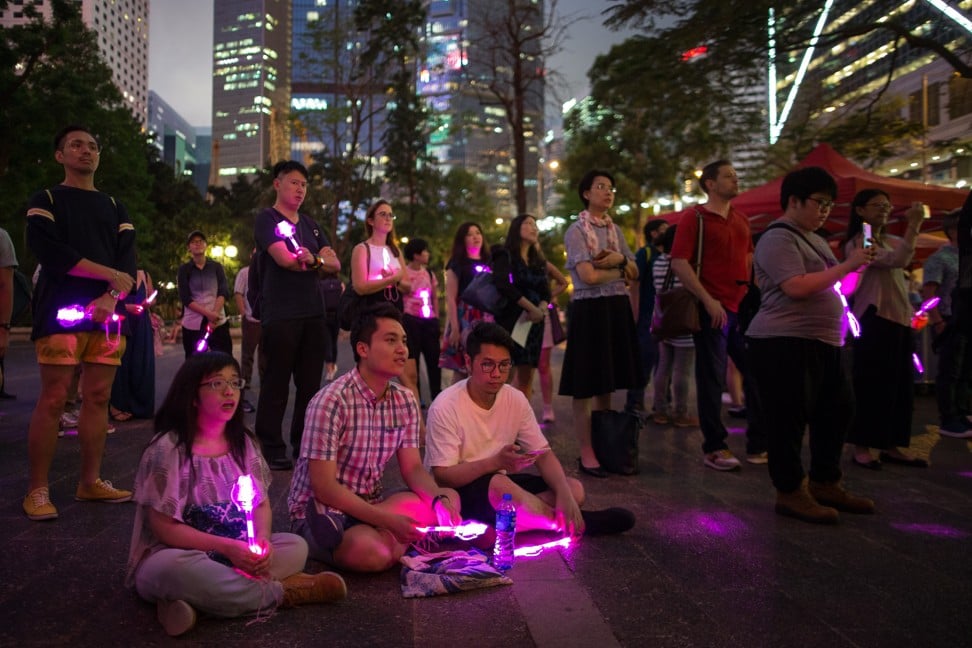
I believe that education is the answer, and academic institutions and relevant non-governmental organisations (NGOs) should regularly hold public seminars, teaching parents to understand, accept and support their children’s sexual orientation.
Sex education curricula should also be changed to help educate schoolchildren on the importance of confidently accepting their sexual orientation. The lessons should also encourage adolescents to disclose their sexual identity and, if they’re old enough, practice safe sex.
These approaches would help minimise the perceived stigma against gay orientation, and increase the likelihood of young people using condoms and getting regular HIV tests – both necessary to their future health and well-being.
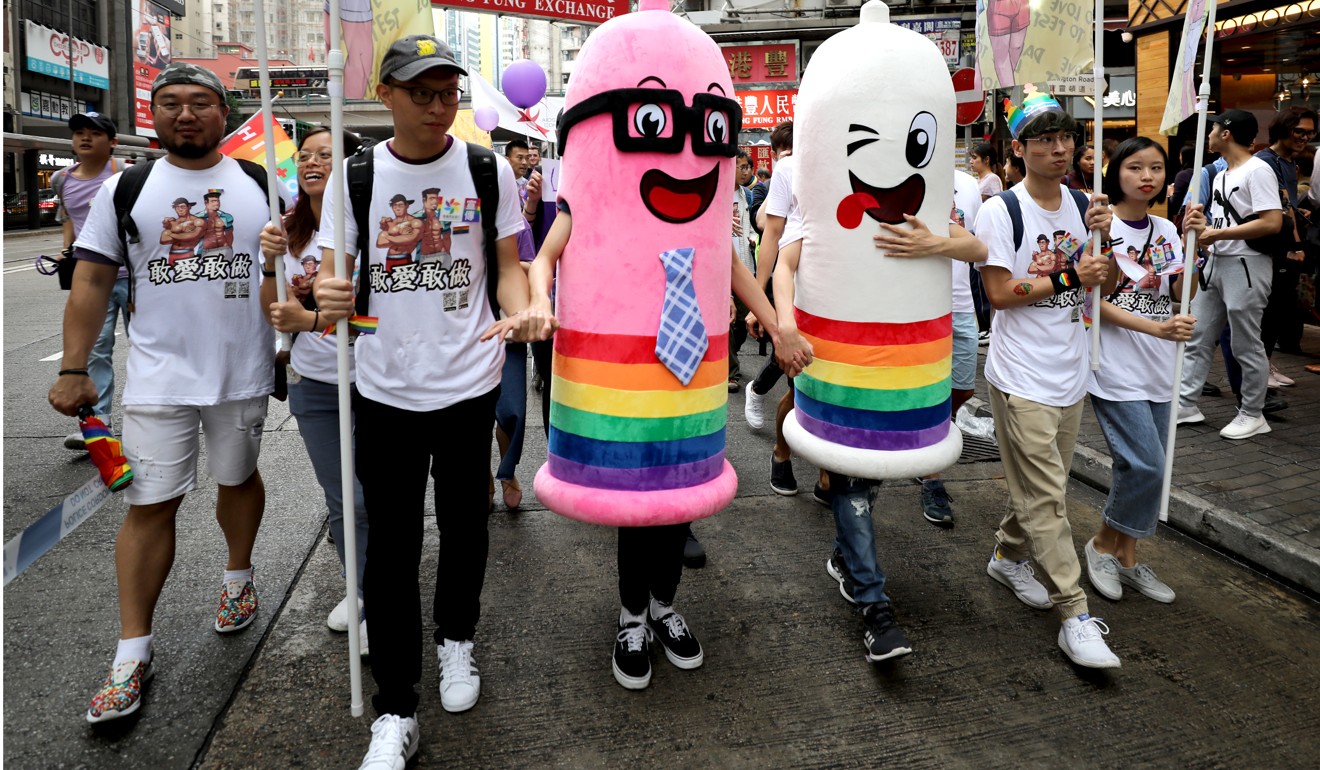
Jason Hung was an intern at the United Nations Economic and Social Commission for Asia and the Pacific (Unescap). He works as an assistant country director of China at Global Peace Chain and is a visiting researcher at Stanford University.